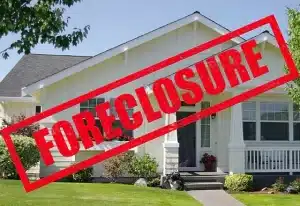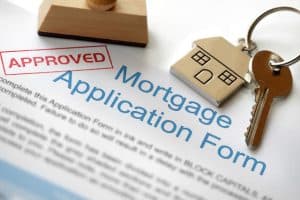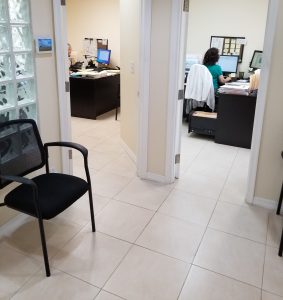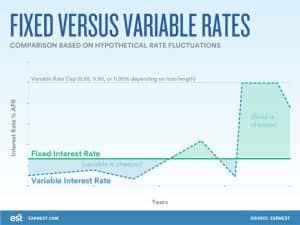Unlocking Financial Potential: Lord Mortgage and Loan's Guide to Second Mortgages

A second mortgage, also known as a home equity loan, can be a powerful financial tool when used strategically. In this blog post, we'll explore the world of second mortgages and how Lord Mortgage and Loan can help you tap into your home's equity for various financial needs.
Understanding Second Mortgages
What Is a Second Mortgage?
Before we dive into the details, let's clarify what a second mortgage is. A second mortgage is a loan taken out against the equity in your home, in addition to your primary (first) mortgage. It allows you to access a lump sum of money while leveraging your home's value as collateral.
Why Choose Lord Mortgage and Loan for Second Mortgages
Expertise in Home Equity
When it comes to second mortgages, experience is key. Lord Mortgage and Loan has a team of experts with a proven track record in securing the best deals for homeowners. Their deep knowledge of the market ensures you get the most favorable terms.
Personalized Solutions
Your financial needs are unique, and so should be your second mortgage. Lord Mortgage and Loan works closely with you to understand your specific goals, whether it's home improvement, debt consolidation, or education expenses. They tailor solutions to fit your requirements.
The Benefits of Second Mortgages
Access to Cash
The most obvious benefit of a second mortgage is the immediate access to cash. Whether you need to cover emergency expenses, fund a home renovation, or pay for education, a second mortgage can provide the financial support you require.
Lower Interest Rates
Compared to other types of loans or credit, second mortgages often offer lower interest rates. This can result in substantial savings over time, making it an attractive financing option for homeowners.
Tax Deductibility
In many cases, the interest on your second mortgage is tax-deductible, which can further reduce your overall cost. It's important to consult with a tax professional to understand the specific tax benefits in your situation.
The Process of Obtaining a Second Mortgage with Lord Mortgage and Loan
Initial Consultation
The process begins with a comprehensive consultation. You'll sit down with Lord Mortgage and Loan's experts to discuss your financial goals, your home's current value, and the equity you can tap into. This step is crucial in crafting a plan that aligns with your objectives.
Application and Approval
Once your goals are clear, Lord Mortgage and Loan will guide you through the application process. They work with a network of lenders to find the best terms and rates for your second mortgage. Approval and funding timelines vary but can be surprisingly quick.
Responsible Financial Planning
Throughout the process, Lord Mortgage and Loan emphasizes responsible financial planning. They ensure you are fully aware of the terms, repayment schedule, and any potential risks associated with a second mortgage.
Conclusion
A second mortgage can open doors to financial opportunities, and Lord Mortgage and Loan is your trusted partner in making the most of it. With their expertise, personalized solutions, and commitment to responsible financial planning, you can confidently tap into your home's equity. Contact Lord Mortgage and Loan today to explore the potential of a second mortgage and secure your financial future.




